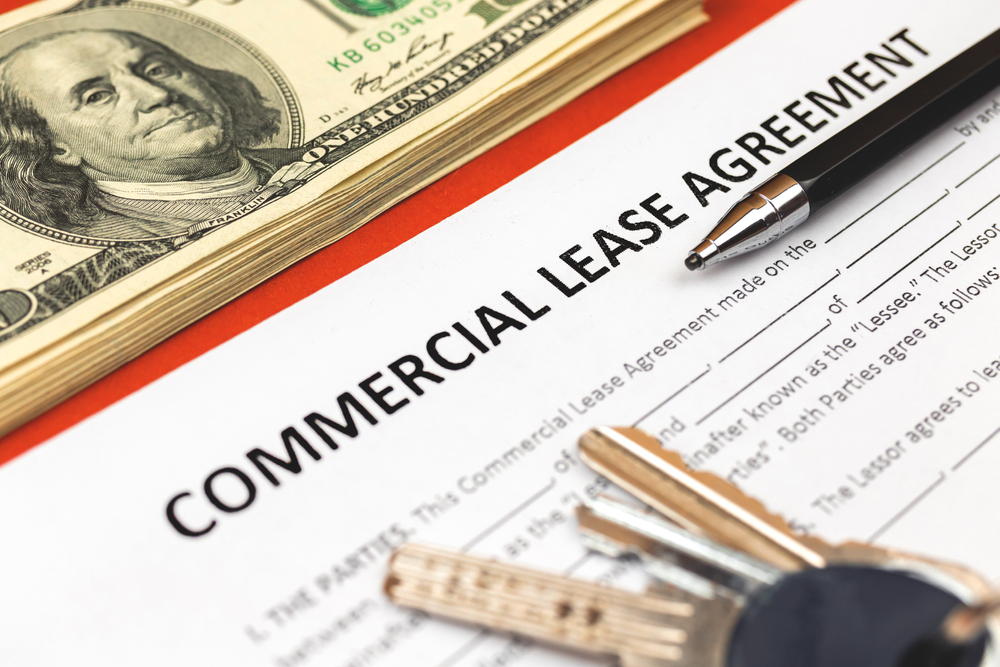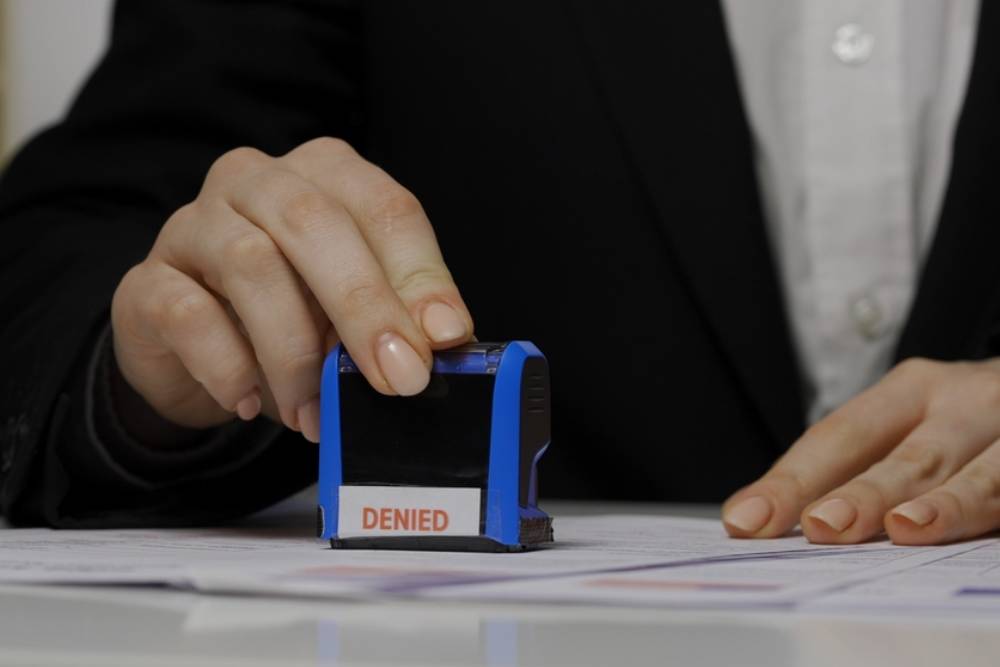
Close up shot of person visa application document. Shot of female worker puts stamp with denied mark written on it.
Applying for a U.S. immigration benefit is rarely a simple matter of submitting a few forms. Each petition requires strict documentation, adherence to eligibility thresholds, and compliance with immigration law. For both families and businesses, even minor errors can lead to denials, delays, or outright ineligibility. At Esani & Momin, we work with clients across the United States to help them reduce the risk of denials and move forward with greater certainty.
Understanding the most common reasons immigration petitions get denied is essential for avoiding costly setbacks. From incomplete forms to ineligibility findings, knowing what to avoid can help applicants build stronger cases from the outset.
Incomplete or Inaccurate Applications
One of the most common causes of denial is incomplete paperwork. Missing signatures, outdated forms, or contradictory information can prompt immediate rejection by U.S. Citizenship and Immigration Services (USCIS). Applicants often overlook the importance of consistency between supporting documents, such as pay stubs, affidavits, and prior immigration filings.
Filing with the incorrect fee, using an outdated form version, or omitting required supplements can all result in a denial without the petition being substantively reviewed. To avoid this, applicants should carefully follow the USCIS form instructions or work directly with an immigration attorney in Texas who can review every part of the submission for accuracy.
Failure to Establish Eligibility
Every visa or green card category has its own criteria. Whether applying for an H-1B visa, an employment-based green card, or a family-based adjustment of status, applicants must demonstrate that they meet all applicable eligibility standards. For employment-based cases, this may include showing that the job qualifies under current Department of Labor and USCIS guidance and that the employer can afford to pay the offered wage.
In family-based cases, denials often occur if the petitioner cannot prove a qualifying relationship or lacks the financial means to support the immigrant. Affidavits of support that fall below the required income thresholds or fail to include proper documentation frequently result in rejections.
To learn more about how our firm evaluates eligibility for both employment and family-based petitions, visit our immigration law services page.
Inadequate Supporting Documentation
USCIS expects each claim made in a petition to be backed by verifiable evidence. Birth certificates, marriage licenses, tax returns, employer letters, and other supporting records must be submitted in the correct format and translated if necessary. Failing to provide proper evidence, such as submitting a tax summary instead of the full return, can derail a case.
Additionally, USCIS may issue a Request for Evidence (RFE) or a Notice of Intent to Deny (NOID) when it finds gaps or inconsistencies in the documentation. These notices are not automatic denials, but failing to respond thoroughly and on time can lead to rejection.
Working with an immigration attorney ensures that supporting documents are both complete and appropriately organized to meet USCIS expectations.
Criminal or Immigration Violations
Another leading cause of denial involves prior criminal convictions or immigration violations. USCIS conducts thorough background checks and will typically deny petitions if the applicant has been found inadmissible due to prior removals, overstays, unauthorized employment, or certain criminal offenses.
In some cases, waivers may be available, but these require their own set of legal arguments and documentation. Attempting to handle these complications without legal help significantly increases the likelihood of denial.
To determine whether your immigration history may impact your petition, please contact one of our attorneys through our contact page.
Failure to Respond to USCIS Notices
When USCIS sends a Request for Evidence or scheduling notice for biometrics or interviews, it is the applicant’s responsibility to respond in a timely and complete manner. Ignoring or missing deadlines, even if unintentional, can result in a petition being denied or administratively closed.
Applicants should also ensure that USCIS has their most recent mailing address to avoid missing crucial correspondence. USCIS allows address changes via Form AR-11, but failure to file this form after relocating may result in lost notices.
Clients who have worked with us often highlight in our testimonials how beneficial it was to have legal guidance during this process.
Why Legal Support Matters
Evolving policies, legal interpretations, and agency expectations govern the immigration system. Many applicants face denial not because they are ineligible, but because they failed to present their case in a way that meets USCIS standards. Whether applying for a visa, green card, or work authorization, working with a qualified immigration lawyer can be the difference between approval and denial.
At Esani & Momin, we offer personalized guidance to both corporate and individual clients. We work with businesses of all sizes to help secure work visas, employment-based green cards, and investor visas. We also support families with spousal and parent petitions, adjustment of status, and consular processing cases nationwide.
Protect Your Petition from Unnecessary Risk
When immigration benefits are at stake, avoiding preventable mistakes is crucial. Esani & Momin helps clients meet USCIS standards, organize proper documentation, and stay compliant with all procedural requirements. From start-ups seeking global talent to families hoping to reunite with loved ones, our firm offers solutions backed by legal knowledge and a strong track record of results. Contact us today to discuss your options with an immigration attorney.
 281-313-6100
281-313-6100


